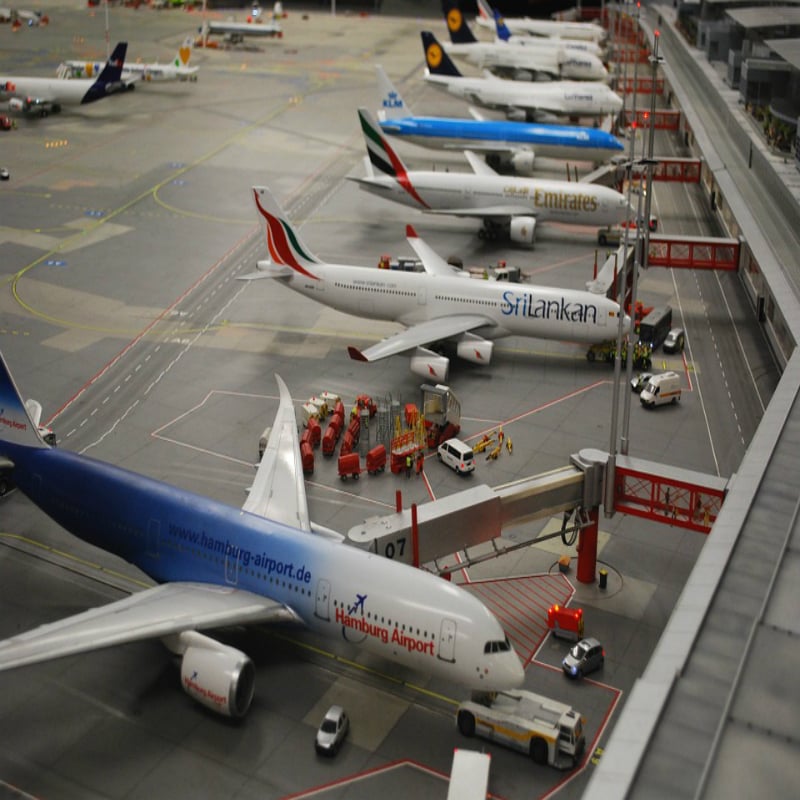Published:
Thomas Philippon, French native, moved to the United States in 1999 to pursue a graduate’s degree. While in the U.S., he noticed that cell phone plans and airfare were much more expensive in comparison to the prices in France. Twenty years later, he discovered that these prices were not only lower in France, but in Europe and Asia as well.
Harvard University Press will be publishing a book by Mr. Philippon, “The Great Reversal: How America Gave Up On Free Markets.” Throughout this book, Philippon highlights key political decisions and the underlying economic factors that have led to rising corporate concentration in the U.S. He also mentions that by lobbying against competition, larger companies add to their profits while limiting opportunities for growth, innovation, and investment.
Many European natives question why America’s cell phone plans are so much more expensive in comparison to theirs in Europe. The answer is quite simple: competition. Throughout the past ten years, the average price paid for telecommunication services has risen in the United States. Americans are overpaying simply based on the fact that competition in the industry is pushing prices upward rather than leaving them in a stagnant condition. Some may believe that cell phone plan prices are done growing at such an alarming rate; this could be true, but it’s highly doubtful. Competition will likely continue rising due to the fact that the third and fourth-largest carriers (T-mobile and Sprint) are merging.
In a similar fashion, airfare prices are increasing as well. There are many factors that contribute to this dilemma for American flyers, but the key one is consolidation in the industry. In opposition to cell-phone carrier prices rising due to competition, airfare prices are increasing as a result of reduced competition. In the U.S., there are only four major airlines as a result of mergers and bankruptcies. Soon there will only be three after the airlines American and US Airways merge. With less competition, there isn’t a need for lower prices in order to win over the industry. In a sense, airlines can price gauge their consumers without any marginal cost. On the other hand, Europe’s free-market system allows them to keep airfare prices down because the larger airlines have not cut out their smaller and less expensive counterparts.
All in all, the days of inexpensive cell phone plans and airfare have come to an end. Throughout the next few years, it is likely that prices in these industries will continue rising, and large corporations will continue increasing their profits. Perhaps if one were to listen to the insight of Thomas Philippon, and learn how other nations free-market systems work, America could combat the inflating prices in the telecommunication and airfare markets.
File under






